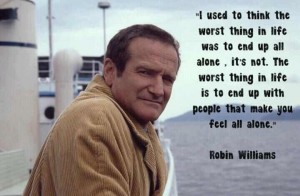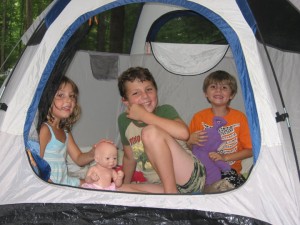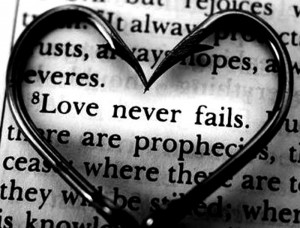I am an adult with Aspergers but I wasn’t always. Before I was diagnosed, at 36 years of age, I was an adult that was very confused, I had no self esteem and I was always extremely depressed. Before that, I was a child that was very confused, with no self esteem and depressed.
For the better part of my life, I struggled with my work, relationships, school, my appearance, friends… let’s just say that I struggled with everything. I hated life. But the part that I hated most was the feeling where, it’s not just that I didn’t fit in, I was the same as everyone else but I simply could not make anything in my life work right no matter how hard I tried and no kind words, medication, self help books or anything else could fix it. No one could tell me… what was wrong with me?!?!
Now, before I continue, if any of my family is reading this and it starts to make you feel like you let me down, don’t. You didn’t know, I didn’t know, no one knew. And considering how mixed up and down I was feeling that whole time and the fact that I’m still here, I’d say you did great!
My 3 greatest fears in life, listed least to most are:
- Death
- Being alone
- Feeling alone despite being with people and not knowing why
 When my son was first diagnosed with autism, I came to realize that many of his experiences mimicked my experiences. I wasn’t just reliving my youth the way a parent does through their children, I was reliving my heartaches. A lot of my past was suddenly explained to me as I started to put the pieces together. This was amplified a hundred fold when I was actually diagnosed. To this day I don’t know why but somehow, making it official, really opened my eyes to a lot in my life that had, up until then, remained unanswered.
When my son was first diagnosed with autism, I came to realize that many of his experiences mimicked my experiences. I wasn’t just reliving my youth the way a parent does through their children, I was reliving my heartaches. A lot of my past was suddenly explained to me as I started to put the pieces together. This was amplified a hundred fold when I was actually diagnosed. To this day I don’t know why but somehow, making it official, really opened my eyes to a lot in my life that had, up until then, remained unanswered.
I was bullied, I had few friends, I had bizarre obsessions and habits, I never wanted to leave my room and I remember every detail of every event that caused me pain, whether physical or mental. For example, I remember how I got the scar on my knee when I was 2 and I remember very well how I felt when my mom told me that I told an inappropriate joke before I was old enough to know it was an inappropriate joke. I felt terrible!
Still, I can take all that and more (which I am not about to list on a public blog) and very confidently say that it doesn’t even come close to the very overwhelmingly sinking and crushing feeling of being so completely and totally alone while with people that love you and want nothing more than for you to just feel good about yourself for once.
If this was a YouTube video, I’m sure most of their viewers would read that last bit and then comment to tell me that I’m just a moron and should just smarten up and listen to those people. In a way, this is a good thing because it tells me that those people, and probably most people really, will never know just what that feels like and how impossible it is to do. That’s good, I think. I would hope that most people never really understand how that feels.
I’ve talked to a lot of people that are either waiting to or hoping to never tell their child that they have autism. They fear labels and they do not want to make them feel like they’re different or that there is something wrong with them. I get that, I really do, but take it from someone that’s been there and done that, they know. Believe me, unless your child is still two or three years old, they know. But they can’t quantify it nor explain it and if it affects them even a bit like it did me, then they most definitely do think that there is something wrong with them.
Now, I want to stop right here and say that I know full well that all people are different, all lives are different and just because my upbringing was as I describe it, it is in no way a certainty that anyone else’s life would be the same. Still though, in my acceptance of this fact, I must also insist that you accept the fact that maybe, just maybe, it could turn out the same.
When you feel like you can’t ever have friends, you can never do anything right, everyone gets to be happy except you, talking to people comes easy to everyone but you, you’re a bully magnet, you can’t do or say anything right and life in general seems to not work for you, at all, ever, you KNOW you are different. You KNOW that something is wrong with you. But what you don’t know is why. And not knowing why is the scariest, most lonely feeling in the world.
I need to base my decision on my previous experience. I need to know that my greatest fears and feelings are something that I do not pass on to my son. I know now that I can’t protect him by keeping the truth from him.
My child needs to know because not knowing is a pain that I could never wish on anyone.
What he does with that knowledge is up to him. Will he come to accept that there really is nothing wrong with him, as I have? Having autism and being different doesn’t mean there is something wrong with you. Will he seek out guidance and therapies to help him with friendships, work, love and life? I do not know. But at least now he’ll know what kind of help he’s looking for. I didn’t have that.
My greatest wish for my son, and everyone really, is to accept and love yourself. But how can a person accept and love them self if they never really know who they are?













